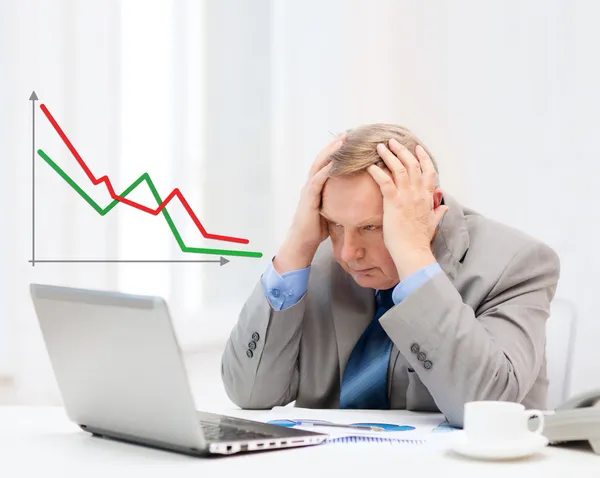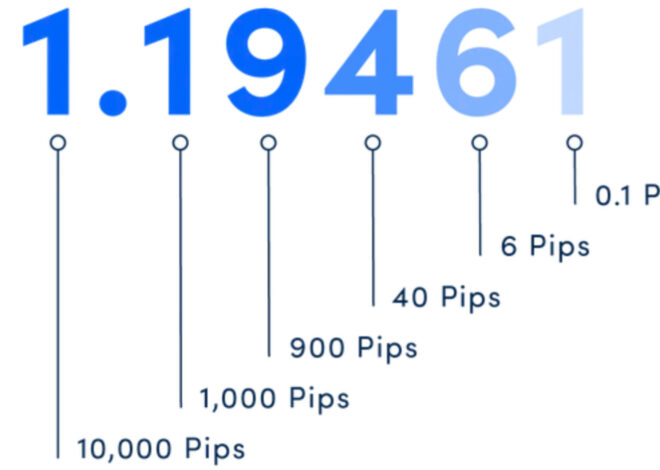
How Do I Learn Forex Trading
Forex trading, also known as foreign exchange trading, involves exchanging one currency for another in the global marketplace. With a daily turnover exceeding $6 trillion, it is the largest financial market in the world. For anyone looking to enter this dynamic arena, it is crucial to understand the fundamentals and develop a strong foundation. This article will guide you through the essential steps on how to learn Forex trading effectively.
Understanding the Basics: What is Forex Trading?

Forex trading involves buying and selling currency pairs. For example, if you believe the Euro will strengthen against the US Dollar, you would buy the EUR/USD pair. Conversely, if you expect the Euro to weaken, you would sell it. This trading activity occurs on a decentralized market, meaning trades happen over-the-counter (OTC) rather than on a centralized exchange.
Key Features of Forex Trading:
- Currency Pairs: Transactions occur in pairs (e.g., EUR/USD, USD/JPY).
- Leverage: Allows traders to control larger positions with a smaller amount of capital.
- Liquidity: The Forex market offers high liquidity, enabling quick transactions.
Understanding these features is the first step to entering the Forex market.
Key Concepts Every Forex Trader Must Familiarize With

To thrive in Forex trading, grasping key concepts is essential. Here are some of the most important terms and ideas:
| Concept | Description |
|---|---|
| Pips | The smallest price movement in a currency pair. |
| Spread | The difference between the bid and ask price. |
| Margin | The amount required to open a position with leverage. |
| Lot Size | The volume of currency units traded (standard, mini, micro lots). |
| Market Orders | Orders executed immediately at the current market price. |
| Limit Orders | Orders set to buy or sell at a specified price. |
Familiarizing yourself with these concepts will provide a solid foundation for your trading journey.
Choosing the Right Forex Broker for Your Needs

Selecting an appropriate Forex broker is crucial for your trading success. Here are some factors to consider:
Criteria for Choosing a Forex Broker:
- Regulation: Ensure the broker is regulated by reputable authorities (e.g., FCA, ASIC).
- Trading Platforms: Look for user-friendly platforms with advanced trading tools (e.g., MetaTrader 4 or 5).
- Fees and Spreads: Compare the broker’s spreads, commissions, and withdrawal fees.
- Customer Support: Opt for brokers that provide accessible, reliable customer support.
- Account Types: Check for various account options that suit your trading style and capital.
Conduct thorough research and read reviews to make an informed decision.
Essential Tools and Platforms for Forex Trading Success

Equipping yourself with the right tools and platforms can significantly enhance your trading performance. Here are some essential tools every trader should consider:
Recommended Trading Tools:
- Charting Software: Tools like TradingView offer advanced charting capabilities.
- Economic Calendars: Keep track of crucial economic announcements that impact currency movements.
- News Aggregators: Stay updated with real-time news to make timely trading decisions.
- Risk Management Calculators: Tools that help calculate position sizes and stop-loss levels.
Utilizing these tools can help you analyze the market effectively and make informed trading decisions.
Developing a Winning Strategy: Technical vs. Fundamental

Successful Forex trading often relies on a well-defined strategy. Traders generally follow two main approaches: technical analysis and fundamental analysis.
| Approach | Description | Example Applications |
|---|---|---|
| Technical Analysis | Analyzing price charts and patterns to predict future movements. | Using indicators like Moving Averages or RSI. |
| Fundamental Analysis | Evaluating economic indicators, news, and events affecting currencies. | Monitoring interest rates, GDP, and employment data. |
Key Tips for Strategy Development:
- Backtesting: Test your strategy using historical data to gauge its effectiveness.
- Demo Trading: Use demo accounts to practice without financial risk.
- Adaptability: Be prepared to modify your strategy based on changing market conditions.
By engaging with both approaches, you can enhance your trading strategy and improve your decision-making.
Managing Risk: Tips for Sustainable Forex Trading Practices

Managing risk effectively is crucial for sustainable trading. Here are some practical tips to mitigate potential losses:
- Set Stop-Loss Orders: Always use stop-loss orders to protect your capital.
- Risk-Reward Ratio: Aim for a favorable risk-reward ratio (e.g., 1:2) to ensure potential profitability.
- Diversification: Avoid putting all your funds into a single trade; diversify across various currency pairs.
- Limit Leverage: Use leverage wisely; excessive leverage can lead to significant losses.
- Continuous Education: Stay informed about market trends and continuously improve your skills.
By implementing these risk management strategies, you can sustain your trading activities over the long term and increase your chances of success.
Conclusion
Learning Forex trading requires dedication, a solid understanding of the basic concepts, and the development of effective strategies. By choosing the right broker, utilizing essential tools, and practicing sound risk management, you can embark on your trading journey with confidence. Remember, Forex trading is a skill that takes time to master, so remain patient and committed to continuous learning.



‘Continuous Education’ is so important! Markets change all the time.
I find the concept of pips really interesting. It’s good to know what they are!
I never knew Forex was this big. $6 trillion is a lot of money!
‘Set Stop-Loss Orders’ seems like a smart tip! I will remember that.
Using tools like TradingView will definitely help me analyze better.
The basics of Forex trading seem easy to understand. I want to learn more!
Choosing the right broker sounds crucial. I need to do more research.
‘Technical vs. Fundamental’ approaches are key for success in trading.
‘Diversification’ can save your capital, very useful advice in this article!
Understanding currency pairs is important. I will practice with EUR/USD.